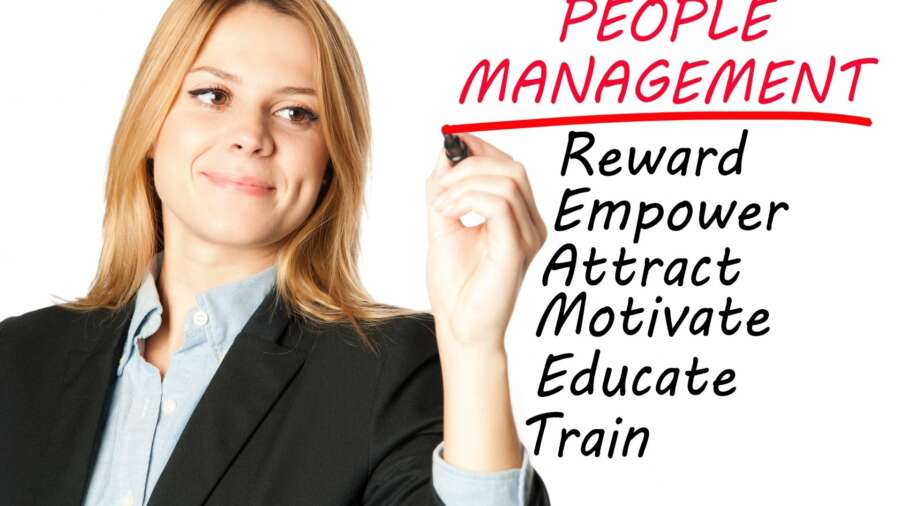
Chris McDermott, Managing Director of The 1:1 Diet by Cambridge Weight Plan and Chair of the Employee Ownership Association, shares his expertise on leadership and managing people in an employee owned business.
Here at The 1:1 Diet, we choose to run the business like any ‘normal’ company, with all of the complexities that can be involved. I truly believe that to run a successful, consumer-oriented employee-owned business, it requires a beating commercial heart at its centre. This means we are not, and cannot act like a worker’s collective, co-op or union.
With a ‘normal’ management structure in place within the company, decision making power is delegated to those who need it, with Directors clearly responsible for creating and delivering the strategic vision.
This allows the company to respond quickly to opportunities and threats, which has been paramount throughout the pandemic. We benefit from having this leadership structure in place, and don’t have to seek approval from either an owner or employees (who we call Employee Stakeholders) for the commercial decisions that we make.
As owners, our Employee Stakeholders have a right to know what is happening across the business and the plans for the future. They need to know how we are performing and what our financial situation is, this has been particularly important over the last nine months. To help aid this flow of information, we have two Employee Stakeholders on our Trust, and regular forums (called Voice Groups) where all are encouraged to raise questions and concerns about the business to the senior leadership.
Effective communication is crucial in helping employee wellbeing and productivity, and employee ownership is a great way to ensure that employees are given a greater voice, something that not all businesses manage to achieve. Giving everyone a say in their business is an extremely attractive quality for future employees.Making employee ownership ‘real’ for everyone is very important to us. In a very tangible way, we aim to pay a profit-share percentage each year (last year it was 20% of base salary) to all our employees, as well as what we call a Stakeholder Dividend (10% of a pre-tax profit) split equally between everyone in the business. It is very empowering to be able to share the rewards like this with everyone, a benefit that is not always achievable in ‘normal’ businesses.
The non-tangible elements have been based around collectively defining our core values, then codifying them around accountability, communication, creativity, excellence, progress and respect. This culture, in particular, has been the bedrock of our resilience during the pandemic.
However, just like our competitors, we must remain nimble, innovative and cost-efficient to survive. Being an employee-owned business in itself is no guarantee of success. This year has been challenging for all businesses and we are currently rebounding from a difficult period in April and May. The robustness of our business model (direct sales) has helped us recover our sales position quickly, and the lockdown has been the ultimate ‘litmus’ test for our version of employee ownership.


